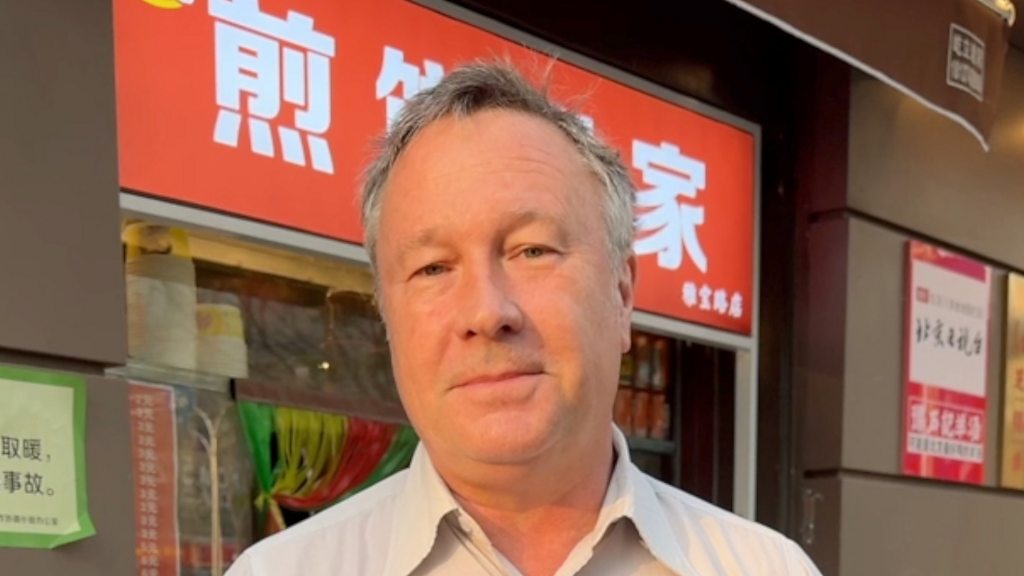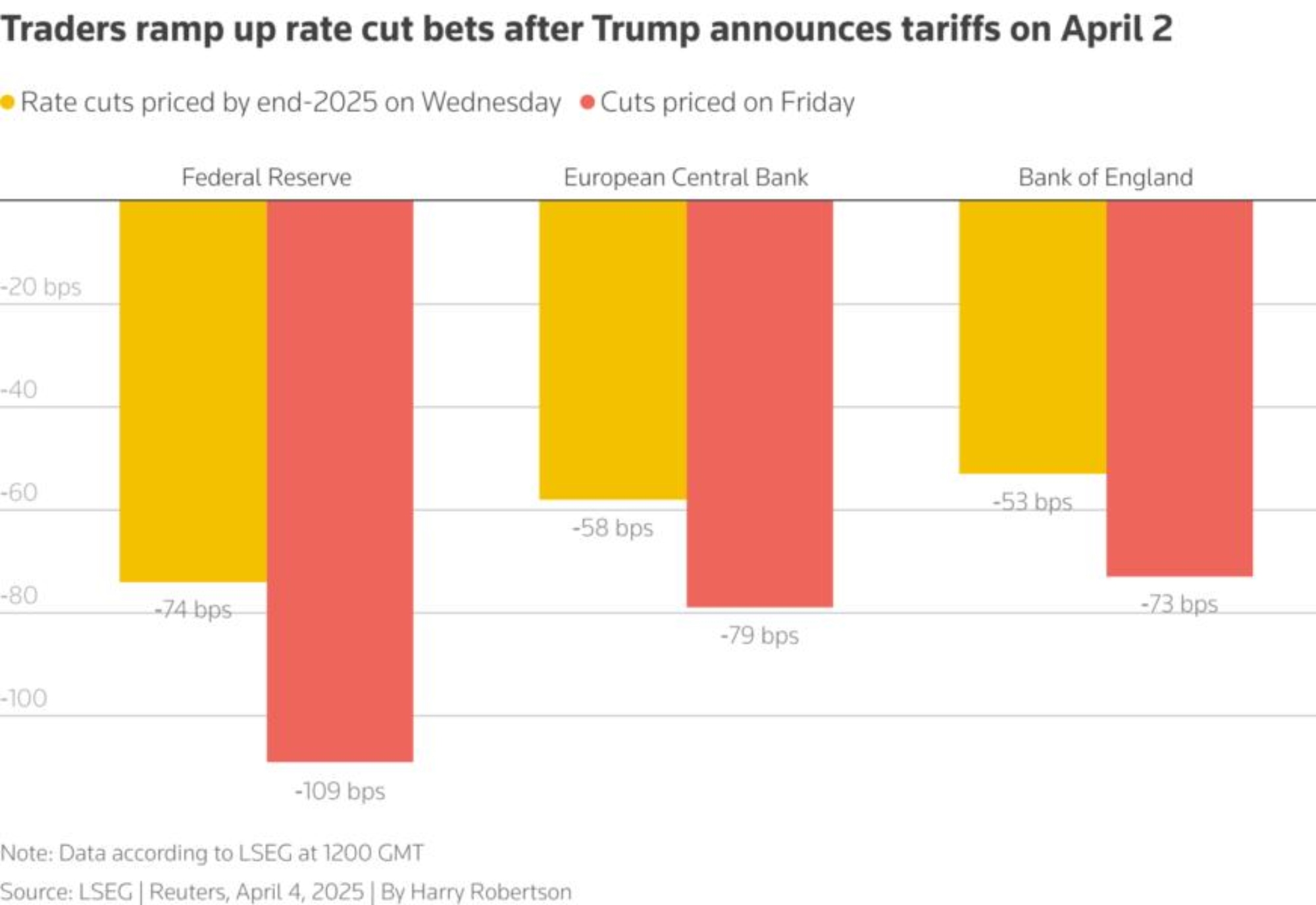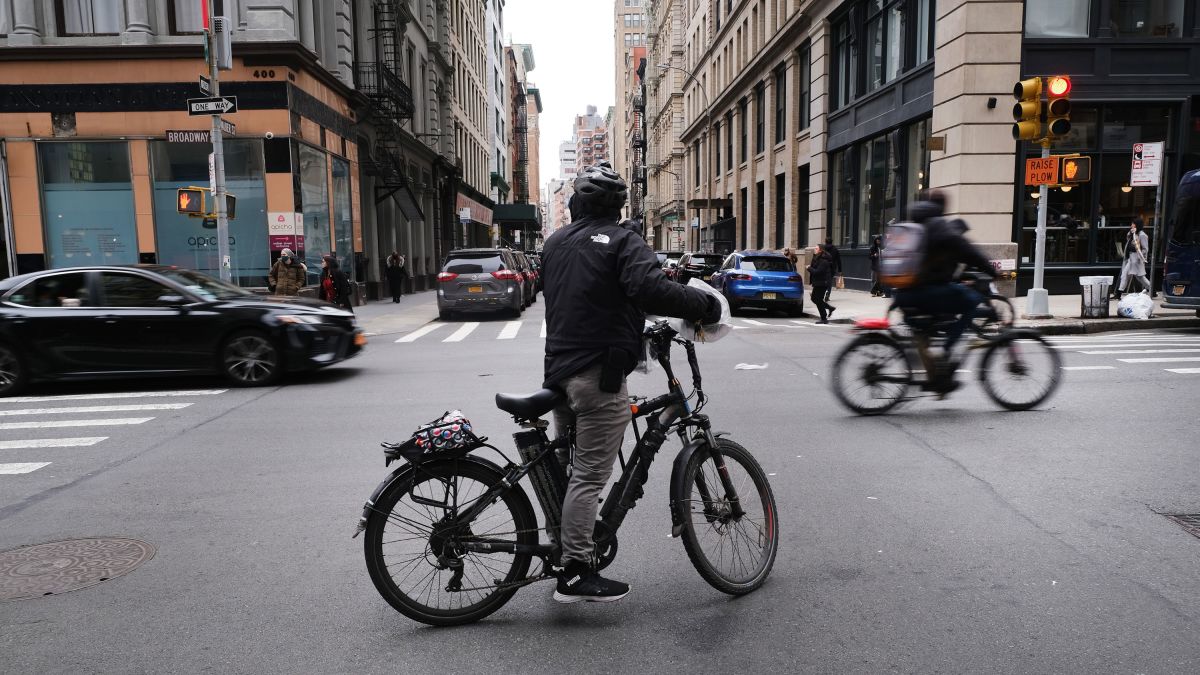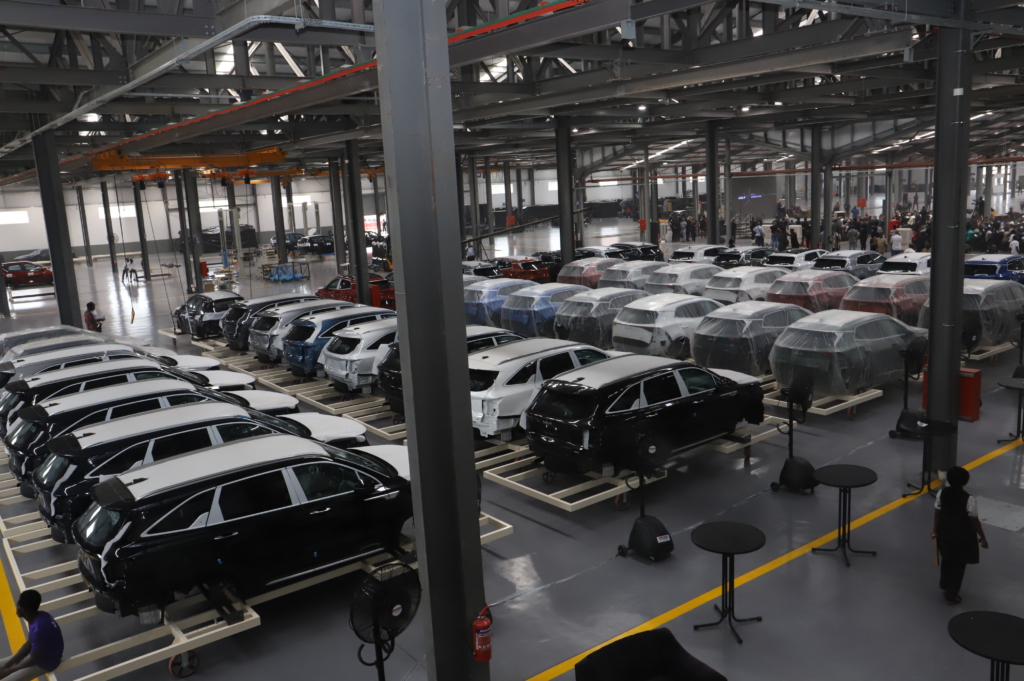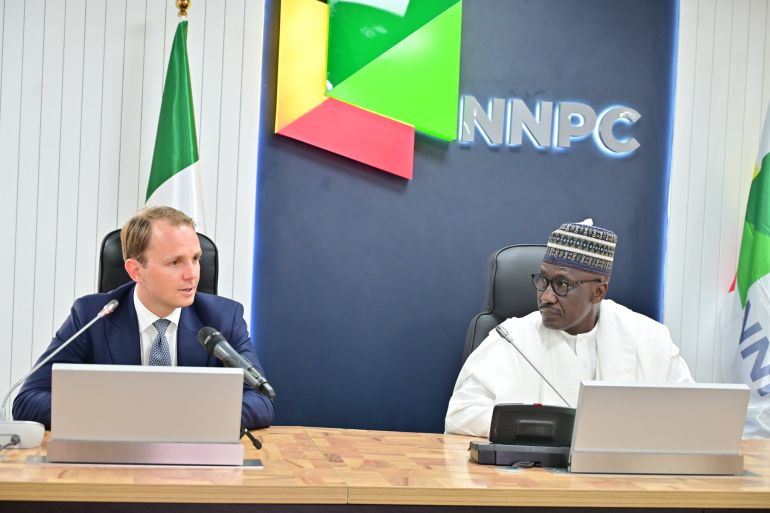When it comes to the ongoing tariff battle with Donald Trump, China isn't backing down — not because it’s being defiant for defiance’s sake, but because it simply doesn’t have to.
Beijing has consistently framed the Trump administration as aggressive and bullying, and it’s made clear that it's not inclined to cave to pressure. But more than that, China has the economic resilience and political resolve to weather this kind of storm better than most nations.
Yes, before the trade war escalated, China did have a massive export volume to the U.S. — but those exports only accounted for about 2% of China's total GDP. In other words, while significant, it’s not an economic lifeline.
That said, the Chinese Communist Party would clearly prefer to avoid a full-blown trade war, especially as it faces serious domestic economic challenges — including a prolonged real estate slump, ballooning local government debt, and high youth unemployment.
Despite these pressures, China’s leadership continues to assure its citizens that the country is well-positioned to withstand U.S. economic tactics. And it knows that its own retaliatory tariffs are hurting U.S. exporters in return.
Trump has repeatedly told his base that slapping tariffs on China would force quick compliance. But that narrative hasn't played out as expected. Far from backing down, Beijing is digging in.
During a recent meeting with Spanish Prime Minister Pedro Sánchez, Chinese President Xi Jinping said that China and the European Union should "jointly resist the unilateral bullying practices" of the Trump administration. Sánchez responded by saying that the trade tensions between the U.S. and China shouldn’t hinder cooperation between China and Europe.
Shortly after their meeting in Beijing, China announced another round of tariffs on U.S. goods — though it said it would not escalate further in response to future U.S. hikes.
Meanwhile, Xi is set to visit Malaysia, Vietnam, and Cambodia are all countries affected by Trump-era trade policies, and Chinese officials have been holding talks with counterparts from South Africa, Saudi Arabia, and India, exploring deeper trade partnerships.
China is also in discussions with the EU about replacing tariffs on Chinese cars with a minimum price system, aiming to prevent a new wave of price dumping and further trade conflict.
In other words, China has options, and it's actively pursuing them.
Economists now argue that the ongoing tariff exchanges between the U.S. and China have become largely symbolic. The bulk of direct trade that could be affected has already been hit, reducing the practical impact of further tariff hikes.
The political tone, however, is growing more defiant. In recent days, Foreign Ministry spokesperson Mao Ning posted images of Chairman Mao Zedong on social media, including a clip from the Korean War in which he warned the U.S. that "no matter how long this war lasts, we will never yield."
Mao Ning added her own words above the clip: "We are Chinese. We are not afraid of provocations. We won’t back down."
And when Beijing invokes Chairman Mao, it's a clear signal, this is serious.
